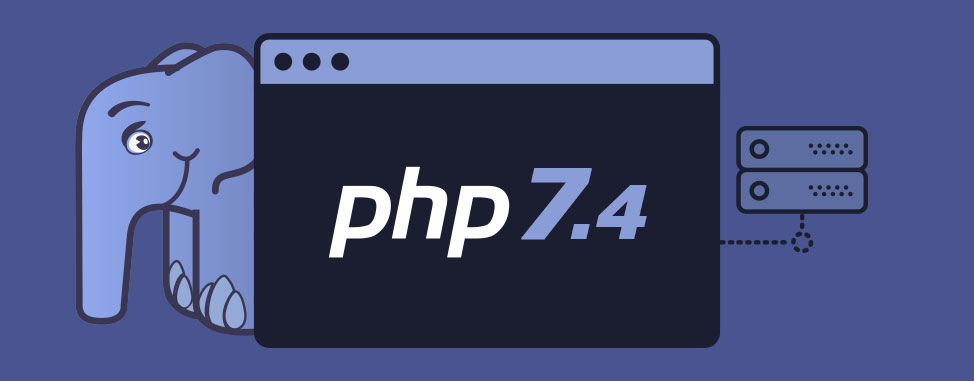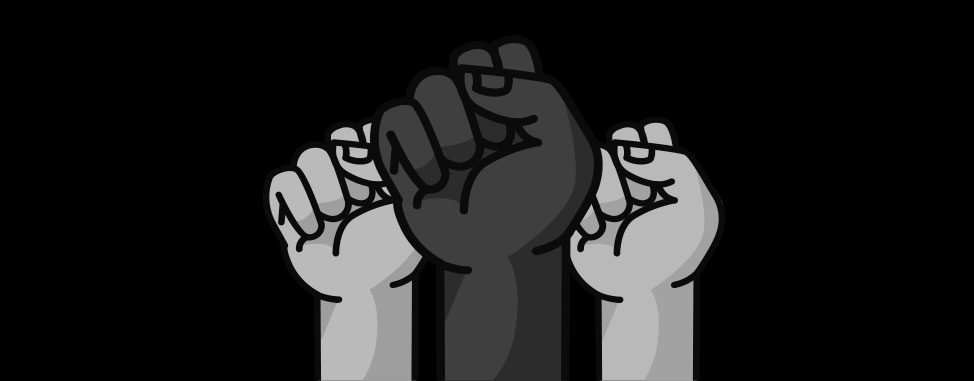
Web Hosting just got better with PHP 7.4
PHP 7.4 is now available on all of WHC’s web hosting, reseller hosting, cloud and dedicated servers, and Managed WordPress hosting plans. It delivers superior performance, adds new features, and deprecates some older features. You can enable PHP 7.4 from your control panel today, or read on to learn more!
What is PHP?
PHP is a powerful and flexible programming language specifically engineered for creating dynamic websites. It’s used with popular apps such as WordPress, Joomla, Drupal and Magento.
PHP is an integral part of the most popular hosting stack (known as a LAMP stack, which stands for Linux, Apache, MySQL, PHP). PHP is also used by popular social media sites such as Facebook and Pinterest.
What’s new with PHP 7.4?
Extended Support
PHP 7.4 was released by the PHP team at the end of 2019, and has been added to WHC’s systems in May 2020. The PHP team will be providing security updates to this new version until 28 Nov 2022.
WHC supports PHP 7.4 with compatible services through both cPanel’s native implementation as well as through the CloudLinux PHP handler,.
Improved Performance
If you’re using WordPress or other PHP-powered web apps, you may notice a slight boost in overall site performance after updating to PHP 7.4 from earlier versions. Although the performance improvement isn’t as big as the one observed between version 7.2 and 7.3, every bit counts!
Those with their own Cloud or Dedicated servers may be able to leverage the new opcache preloading features to further improve the performance of their high-traffic web applications.
New & Deprecated Features
For developers, PHP 7.4 add a few new features worth exploring, such as
- Typed properties
- Arrow Functions
- Unpacking inside Arrays
PHP 7.4 also depracates a few features and removes a couple of extensions.
Consult the official PHP 7.4.0 Release Announcement for a full list of features and deprecations.
Should I switch to PHP 7.4?
Yes, but carefully — and there’s no reason to rush into it.
Updating to a newer version of PHP can present potential incompatibilities with some websites, but it’s necessary in the long run in order to stay secure and potentially improve performance.
While some websites still run on versions of PHP as old as 5.2, using anything other than the latest supported version (7.2 at the time of this article’s publication) is not recommended for production websites.
Before switching and in order to minimize disruptions, it’s recommended to update any plugins, themes, and applications used on your websites. An outdated theme or plugin may encounter problems with the latest version of PHP, and could potentially cause problems on your site.
How can I start using PHP 7.4 on my website?
You can switch PHP versions from your control panel, with just a few clicks. If you discover a problem on your website following the switch, you can just as easily switch back to a prior version, in real-time.
What’s Next For PHP?
PHP 8 is on the horizon, scheduled for release in December 2020. As a major version update it will feature more significant changes and upgrades than the recent minor releases.
If your website uses PHP, check back in early 2021 for all the latest features.

Comments
Leave a Reply Laisser un commentaire
Leave a Reply Laisser un commentaire
Also on the WHC Blog

How to Start Selling Online
If you have a business, a product or an idea and you’re thinking about selling online, now is a great time to get started. ECommerce is growing faster than ever, with more and more people ordering online rather than...
Read full article
In Solidarity & Support with Black Lives Matter
The time to be a silent witness to this issue has long passed. On June 10, 11 & 12, 2020, WHC supported the Black Lives Matter movement by making our homepage colorless. While we acknowledge the infinitely small impact...
Read full article






Hi Alex,
I have a WordPress site and the recommended PHP version is 7.4.
Should I use PHP7.4ea or PHP7.4alt ?
What are the differences between these 2 PHP versions ?
Patrick
Hi Patrick,
Great question!
As cPanel puts it:
“ALT-PHP includes PHP versions that CloudLinux provides along with their PHP Selector feature.
These versions of PHP are often hardened and patched against vulnerabilities to allow users to continue to use applications that require outdated PHP versions.
As of this time, PHP Selector currently offers users the ability to install and use PHP 4.4 all the way to PHP 7.4 and the options for these versions are managed via CloudLinux’s LVE Manager plugin in WHM.
EA-PHP is the PHP versions that cPanel packages and provides via the EasyApache 4 repositories.
These are the standard versions that are included in a base-installation of cPanel and are managed via the MultiPHP Manager in both cPanel & WHM interface.
Extensions and different versions of EA-PHP are managed via the EasyApache 4 interface in the WHM.”
You can find the information here: https://support.cpanel.net/hc/en-us/articles/360052753573-ALT-PHP-vs-EA-PHP-what-is-the-difference-#:~:text=Answer,with%20their%20PHP%20Selector%20feature.&text=EA-PHP%20is%20the%20PHP,via%20the%20EasyApache%204%20repositories
This is very useful and great post!